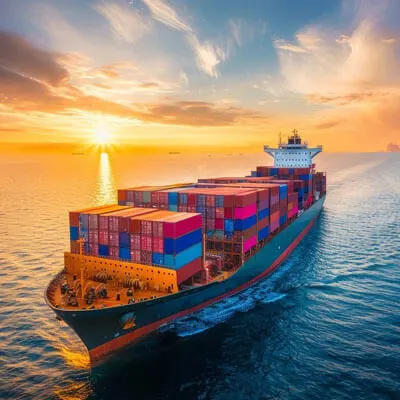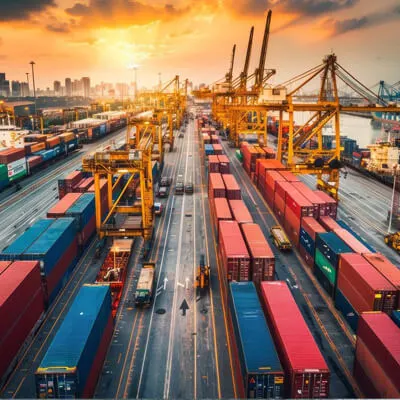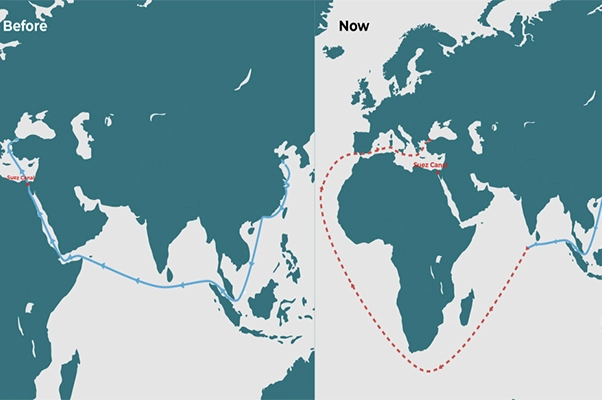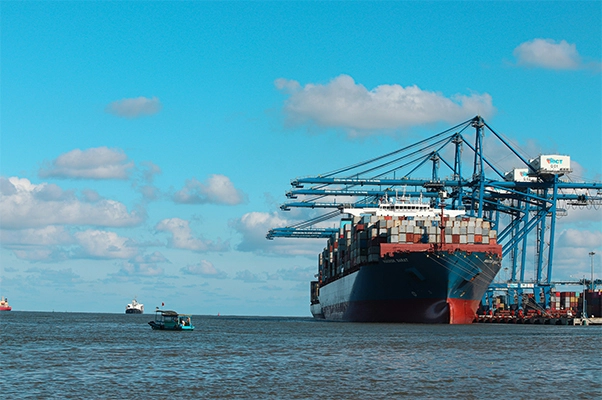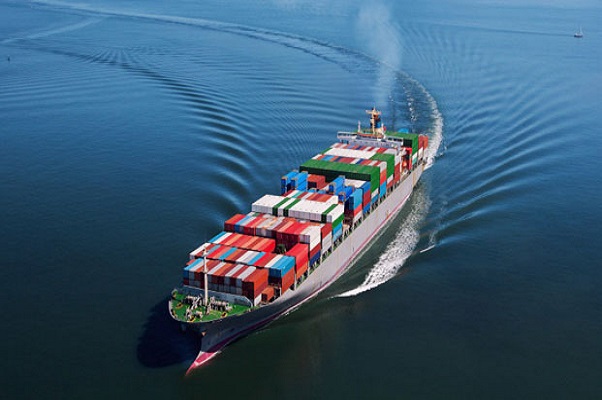+
In shipping, LCL stands for "Less than Container Load," referring to cargo that doesn’t fill an entire container. LCL shipments involve consolidating goods from multiple shippers in a single container. Depending on the route, destination, and specific requirements, LCL can sometimes be more expensive than FCL (Full Container Load). For accurate pricing, it’s best to consult a reliable freight forwarder or third-party logistics provider for multiple quotes.
LCL shipments combine goods from various shippers to fill one container. If your cargo volume isn’t large enough for a full container, LCL is often more cost-effective because shipping costs are divided among multiple consignments. While the cost per cubic meter (CBM) for LCL is higher than FCL, the overall price is typically lower for small shipments.
Pay Only for the Space You Use: LCL allows businesses to pay for just the space they need, making it an ideal solution for small businesses with lower shipping volumes.
Economical for Small, Heavy Goods: Unlike air shipments that charge by either gross or volumetric weight (whichever is higher), LCL charges are based on volume or 1,000 kg per CBM, making it more cost-effective for small but heavy items if time isn’t a priority.
Higher Cost Per CBM: LCL rates per CBM are generally higher than FCL, meaning it may sometimes cost more than booking a full container.
Customs Delays: Shared containers increase the likelihood of customs inspections, as diverse goods are consolidated in one shipment.
Risk of Misplacement: LCL shipments involve multiple handling steps during deconsolidation at Container Freight Stations (CFS), increasing the chance of delays or mix-ups.
Longer Transit Times: Due to deconsolidation and multiple handling stages, LCL shipments typically take longer than FCL. A shipment to the U.S. might take 4–6 weeks by sea, compared to 5–9 days by air.
Limited Time-Sensitive Options: Businesses reliant on precise delivery timelines may find LCL less reliable than air freight or FCL.
Despite its drawbacks, LCL is often a practical option for specific scenarios. Consider these factors before choosing LCL:
Volume: LCL is cost-effective for shipments between 1 and 18 CBM. For smaller shipments, air freight is preferable; for larger volumes, FCL is usually more economical.
Gross Weight: LCL is ideal for goods over 150 kg during peak seasons and 200 kg during off-peak seasons.
Product Type: Certain goods, such as aerosol cans or compressed gases, are restricted for air freight, making LCL a viable alternative.
Route Availability: Not all ocean routes support LCL due to low shipment volumes on specific lanes. In such cases, alternative routes or other methods may be necessary.
Time Sensitivity: LCL is suitable when delivery time isn’t critical. If delivery is needed in less than six weeks, consulting with a freight forwarder for faster options like FCL or air freight is recommended.
Transit time of 5–7 weeks aligns with your needs.
Shipment weight exceeds 150 kg.
Volume ranges between 1 and 18 CBM.
Route involves minimal transfers or is direct.
Goods fall under restricted items for air freight.
The cost of an LCL shipment is based on the volume of space your cargo occupies in the shared container. Most LCL agreements have a minimum charge of 1 CBM, meaning shipments smaller than 1 CBM are still charged for the minimum volume.
LCL costs also include additional fees, such as:
Chassis Fees: Shared among all consignments in the container.
Warehousing Charges: For sorting goods at CFS locations.
Handling Fees: Specific to LCL shipments.
Typical ocean freight rates range from $25 to $140 per CBM, depending on the shipping route. Keep in mind that LCL rates fluctuate monthly, so it’s important to confirm quotes with your freight forwarder.
FCL (Full Container Load): A single buyer occupies the entire container and pays for the full space, regardless of how much it’s filled.
LCL (Less than Container Load): Multiple consignments from different shippers share a container, with costs based on the volume occupied.
While FCL offers faster transit and lower customs risks, LCL is a cost-efficient choice for smaller shipments that don’t require a full container.
As a trusted 3PL service provider, GOWIN offers a comprehensive range of logistics services tailored to LCL (Less than Container Load) shipping. LCL is an ideal solution for transporting smaller quantities of goods that do not require a full container, allowing for cost-effective consolidation with other consignments.
When a consignment does not occupy the full space available in a container, it is advantageous to consolidate it with one or more consignments. Let GOWIN Logistics assist you in moving your shipments through our worldwide LCL services.
For sellers, GOWIN facilitates cargo consolidation, transportation arrangements, export clearance assistance, document handling, cargo insurance, and real-time logistics tracking. These services ensure efficient shipping solutions that minimize risks and optimize space utilization by consolidating multiple shipments within a single container.
For buyers, GOWIN streamlines the import clearance process, manages the deconsolidation of goods at the destination port, and provides warehousing and distribution services. Additionally, we assist buyers in managing essential import documentation and offer logistics consulting to enhance supply chain efficiency and reduce costs.
By partnering with GOWIN, both sellers and buyers enjoy a seamless and cost-effective shipping experience. Sellers can focus on production and sales, while buyers can concentrate on market growth and exceptional customer service.

